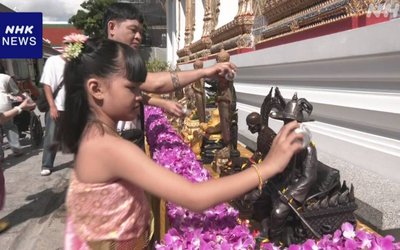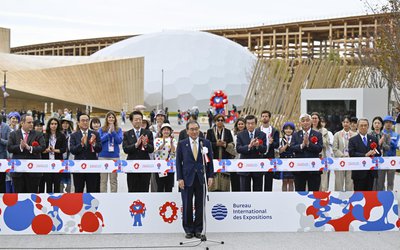More on International






The Gorkhas of Assam are now delighted that they will get the government assistance for the first time. Before this, they were regarded as migrants from different parts of Nepal and deprived of any such assistance.
They say the decision of the government of Assam to declare the Gorkha Development Council has given them the feeling that they are also the inhabitants of their country, Assam. The government has announced a budget of Indian Rs. 4 crores per annum for the development of the Gorkhas of Assam.
Assam government has placed the Gorkhali people permanently settled in the state in the category of other inhabitants. They express dissatisfaction that the government has failed to provide an autonomous status for them in the state.
“GDC will now get just double the budget that the member of legislative assembly of the state gets,” Rohit Gautam, the editor of a monthly newsmagazine Sapariwar from Guwahati, said. “Now the Gorkhas of our state will be more responsible for the nationality and overall development of the community.”
The Gorkhali people are believed to have settled in Assam even before India launched its struggle for independence. But during the freedom movement, when the entire country was united, administrators tried to isolate the genuine Indian patriotic Gorkhas by terming them as Nepali nationals.
The administrators used to call them non-Indians or foreigners even though they were born and brought up in different parts of India, editor Rohit said. All know that the Indian Gorkhas have been struggling for the sake of the motherland, India, but there is an identity crisis for Gorkhalis of India, he added.
“As the Gorkhalis of Assam have been struggling for years for their identity, they claim GDC is the first achievement for them. They say that this is an achievement made through hard labour and honesty,” Dr. Shanti Thapa, a Nepali writer from Guwahati said. “This assistance will be the backbone for providing Nepali education.”
According to Thapa this is a great slap for those who consider them as foreigners.
However, the Gorkhali organizations, which were demanding a Gorkha autonomous council within the state, are not satisfied with the present achievement.
They are still calling for an autonomous status for the Assam Gorkhas. “We have not lifted the programs of struggle for the autonomous status,” said Dil Bahadur Limbu, president of All Assam Gorkha Students’ Union, while addressing a meeting in Guwahati recently.
It is estimated that more than 15 lakhs Gorkhali people live in Assam. Gorkhalis also reside in Meghalaya, Manipur, Mizoram, Nagaland and Arunachal Pradesh, among north eastern states. In Sikkim and Darjeeling of west Bengal, a major community is of Indian Gorkhas.
Many Assamese Gorkhas have emphasized that the assistance should be invested in the education of the children of Gorkhas. A resident of Lambing, Assam, K.B. Nepali said, “Nepali education is very poor here. If we invest the assistance in providing good education for our children, our children would know about Nepali culture.”
He emphasized that the implementation committee should not be politically biased.






